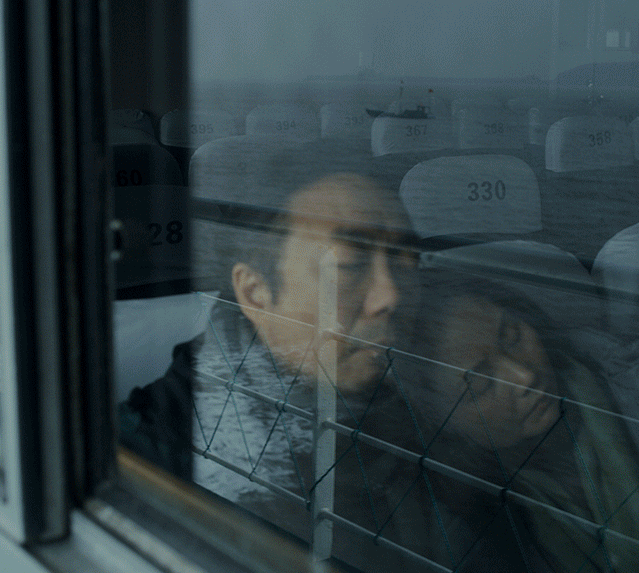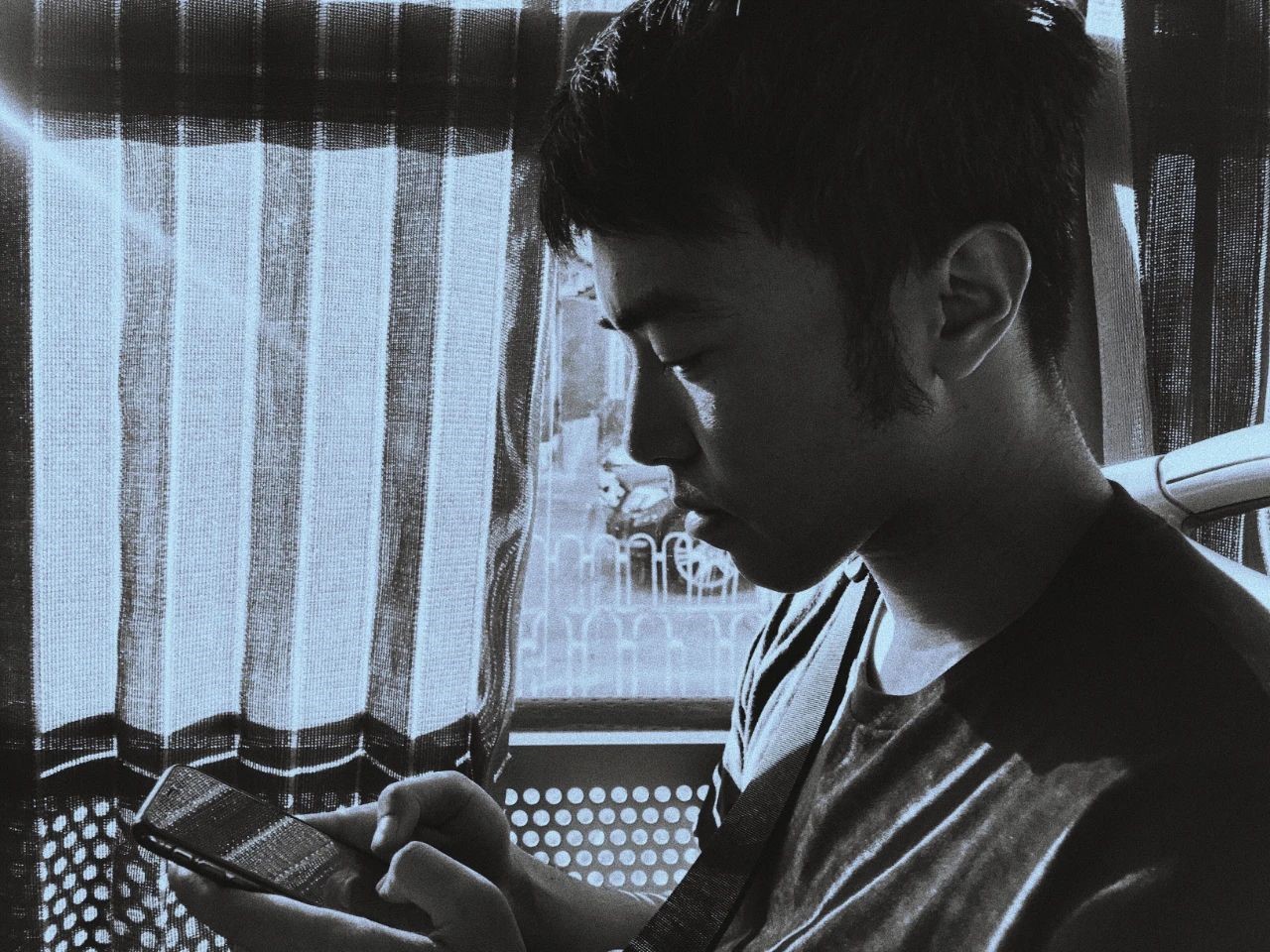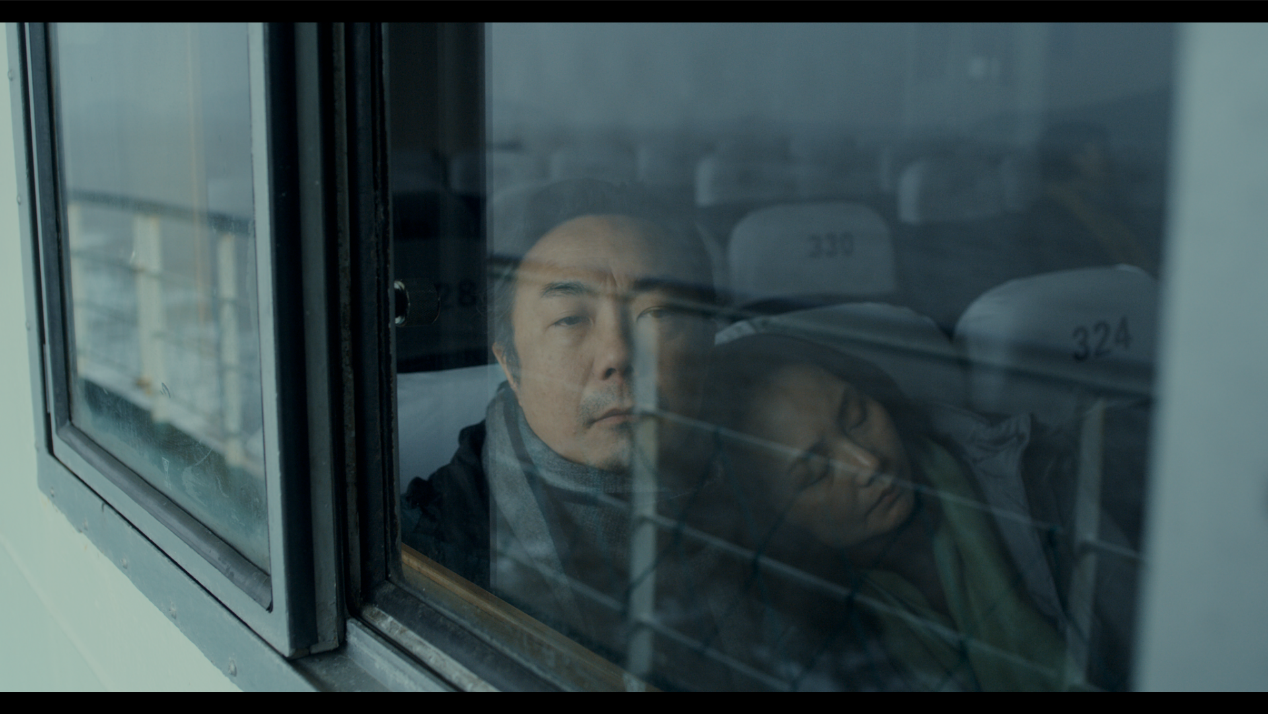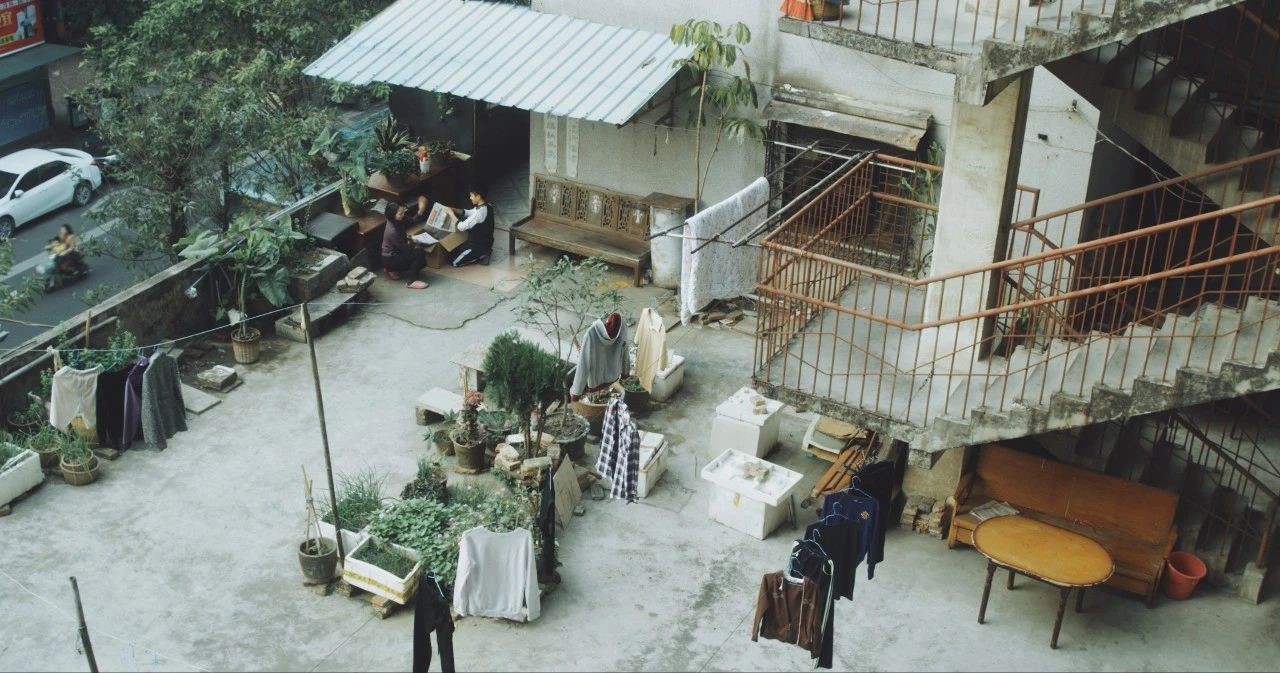
The concept of family has always been ingrained in every Chinese people. Being the first stop to give something back to other people, the family provides endless resources for Huang Zi, the director of All About ING.
-All About ING-

Over recent years, it seems that young Chinese directors have artfully put their debut films in family units. For films based on personal experiences, directors can prove themselves more than equal to the task when dealing with emotional development of plots.
Set in a small town in North China, The Summer Is Gone directed by Zhang Dalei depicts an ordinary family of three, while reveals the images of the end of the last century buried deep in the director's memory. Girls Always Happy directed by Yang Mingming does not show a family as defined in the social sense, thus more intense conflicts. Contrary to his usual commercial style, Da Peng's new work, The Reunions, is set in a small town in Northeast China and returns to a theme around family.
At the 10th Beijing International Film Festival, Director Huang Zi takes his debut film All About ING to tell us a story of a family in South China.

The English title of the film "All About ING" seems to be a supplementary annotation to the Chinese title. Given the three rhyming names, we can see a simple scroll featuring a family of three. Boasting a narrative structure of three parts, All About ING also implies the relationships between the three family members -- they are enclosed by the brackets (house) and separated by two commas. Confined under the same roof, they seldom open their heart to one another, each plagued by their own troubles.
The three parts in the film seem to refer to the family life from three perspectives. Each person's life overlaps slightly, accompanied by estrangement, which prevents the members from understanding each other, just like the comma in the title. Set in a typical Chinese family, the film tells stories, but it reveals more about their respective emotions: the father's physical pain, the mother's pressure, the child's uncertainty about future. Undoubtedly, the director cleverly deconstructs a story about family in such a way, reminiscent of A One and a Two.

In fact, it would have been quite easy to construct an overwhelming plot, as "terminal illness" has always been the key to a powerful drama. However, such films mostly end up in a conventional manner, as they ignore the delicacy and sincerity of the characters' emotions with a view to pursuing the thrill and excitement. Idolizing Edward Yang and John Cassavetes, Huang Zi resolves to reduce the dramatic tendency and instead focuses on more delicate inner expression and unique humanistic care. Rewriting and editing the script several times, Huang Zi endeavors to disclose the family’s real life under the depressing and helpless surroundings.

At the beginning of the film, the camera is like a flying insect from the roof to the living room. We, as the audience, see Muling dyeing Weiming's hair black and Yiming lying asleep on the sofa in the background, thus a quite common scene in life. A video of a family trip is playing on TV, and the title of the film shows up in the bottom-right corner of the screen in a surreal way. In such a bizarre way, this film begins, and we are introduced into the life of a family of three.

It is worth mentioning that the Cantonese dialogues throughout the film are very amazing, in addition to the excellent processing of emotional elements and the audio-visual rhythm. For some films of local characteristics, they cannot prompt viewers to develop homesickness because of the language problems of the leading roles. However, in All About ING, the family scenes feature the Cantonese dialogues of ordinary families in Guangzhou. The official language Mandarin poses no barrier between family members, family or hometown. Film fans from Guangdong and Guangxi will have more understandings in this regard.

As the film ends and the lights go on, the people exiting the cinema will go home. It is believed that with the experience of watching All About ING, everyone will have a clearer understanding of family life. Family can be represented by several pairs of chopsticks and bowls on a table, as well as a few stained pajamas under the eaves. Being the smallest economic community, family stands for the eternal direction of the departure and return of a soul.
